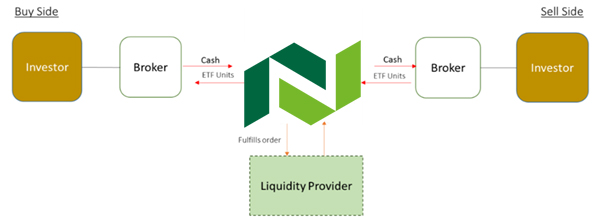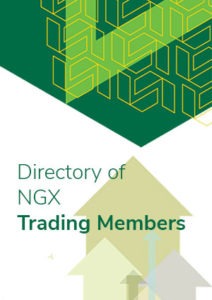Exchange Traded Fund (ETF) is a type of investment fund and exchange traded product that tracks the performance of an index or a “basket” of securities (such as shares, bonds, commodities, etc.). ETFs are listed on a stock exchange and trade much like stocks, they provide investors with the opportunity to diversify their investments at relatively lower costs and gain exposure to different asset classes and strategies including;
- Equities
- Fixed Income
- Commodities
- Currencies
- International Markets
- Multi-assets, etc.
With ETFs, investors can track global, country-specific and asset-specific indices.
The Nigerian Exchange (NGX) is the leading ETF market in the West Africa and one of the largest in Africa in terms of its listed products, turnover value and market capitalization. Since the first listing of a single commodity-backed ETF in 2011, a number of other equity-based and fixed-income ETFs have been introduced into the Nigerian bourse. NGX offers a fully electronic trading platform that delivers the benefits of deep liquidity, transparency and tremendous speed and efficiency.

Resources
- ETFs Quarterly Report Q2 2021 322.66 KB
- NGX ETFs FAQs 2.56 MB
- ETF Quarterly Report Q1 2021 401.63 KB
Who are ETFs for?
- Investors who are looking for benchmark return at a minimal cost
- Investment professionals seeking efficient access to other markets and asset classes.
- Passive investors who may not have time to actively monitor the market
- Investors looking for diversification through a single security
You can buy and sell ETPs through your stockbroker.

Since they trade like stocks, liquidity for an ETF is a function of the underlying securities. For example, when you buy an ETF that tracks the NGX 30 Index, it gives you ownership and the performance of all the securities listed in the NGX 30 Index.

